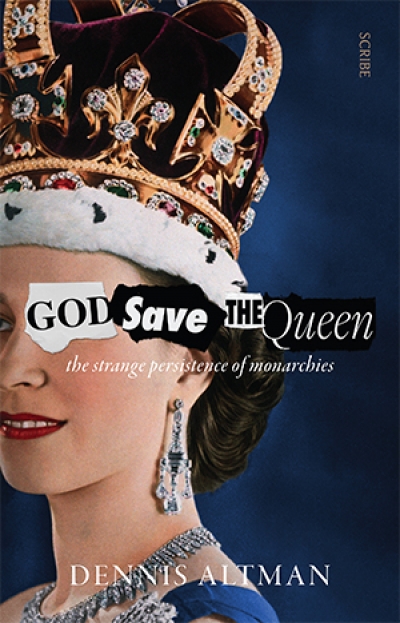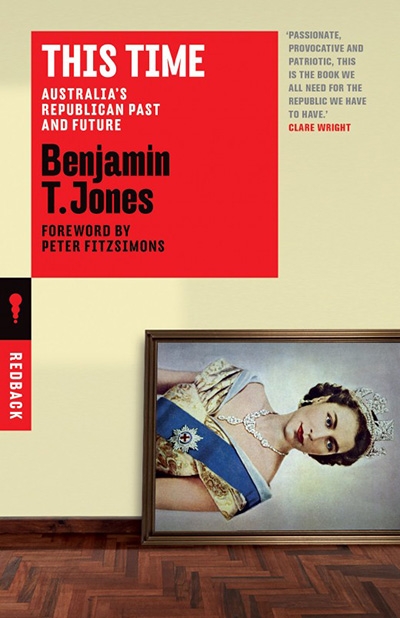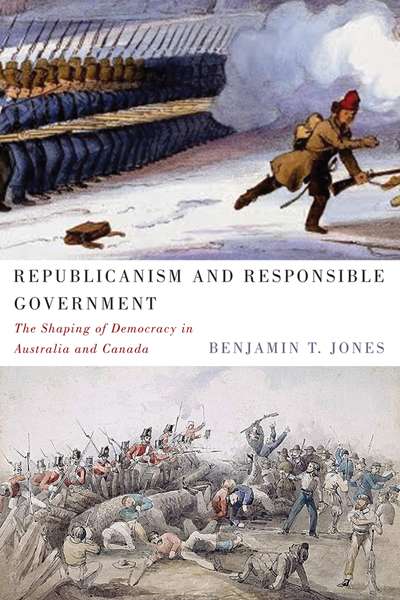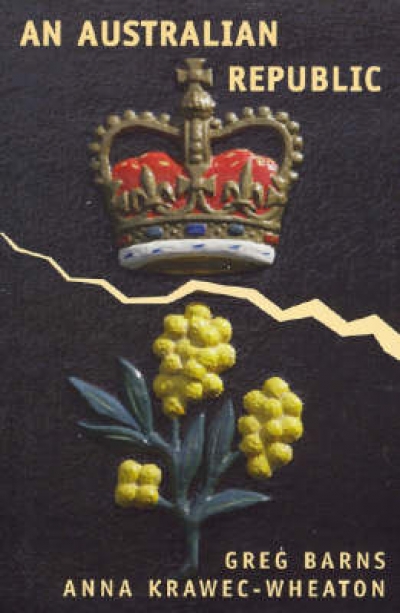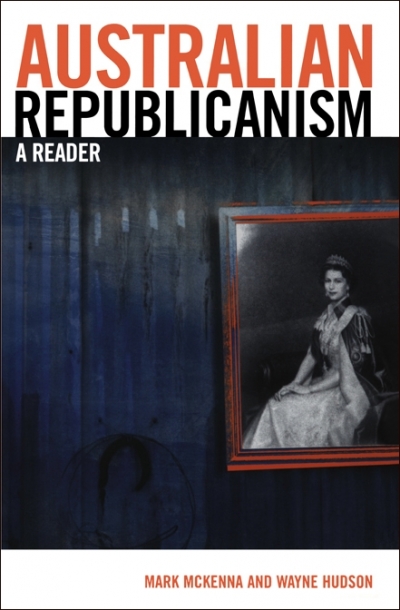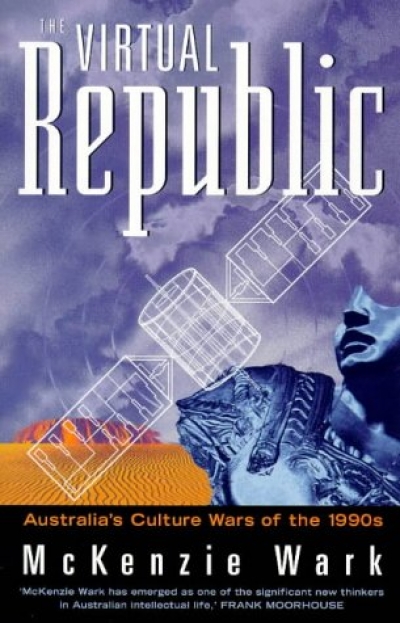Republicanism
'Coronation Chicken', a new poem by Peter Rose.
... (read more)God Save the Queen: The strange persistence of monarchies by Dennis Altman
While on the campaign trail against Hillary Clinton in 2016, Donald Trump appeared to deviate from a scripted speech he was delivering in Dimondale, Michigan. What followed was remarkable: ‘At the end of four years, I guarantee you that I will get over ninety-five per cent of the African-American vote. I promise you.’ Undaunted by six decades of black voting behaviour and his own poor standing with African-Americans, not to mention the fact that he had yet to defeat Clinton, Trump promised a ‘new deal for black America’ that would spark a decisive black shift to the Republican Party. African-Americans had long been the nation’s most partisan racial group: since 1964, no Republican presidential candidate had won more than thirteen per cent of the black vote, and no Democrat less than eighty-two per cent. Yet Trump, a man with a long and divisive racial history, vowed that he would soon rival Barack Obama for electoral appeal among African-Americans.
... (read more)
